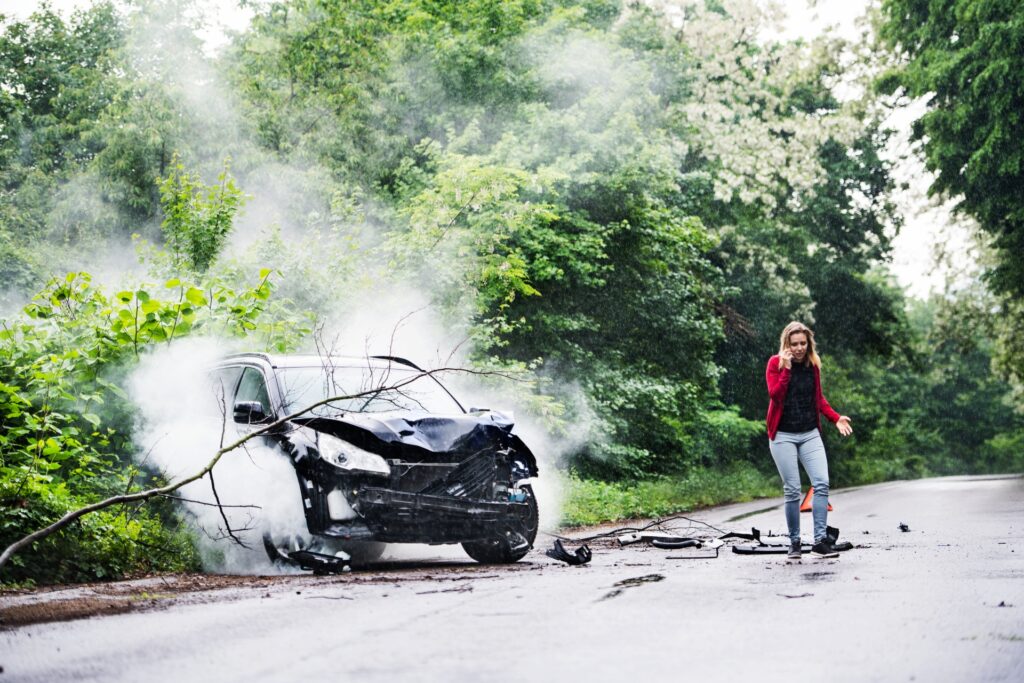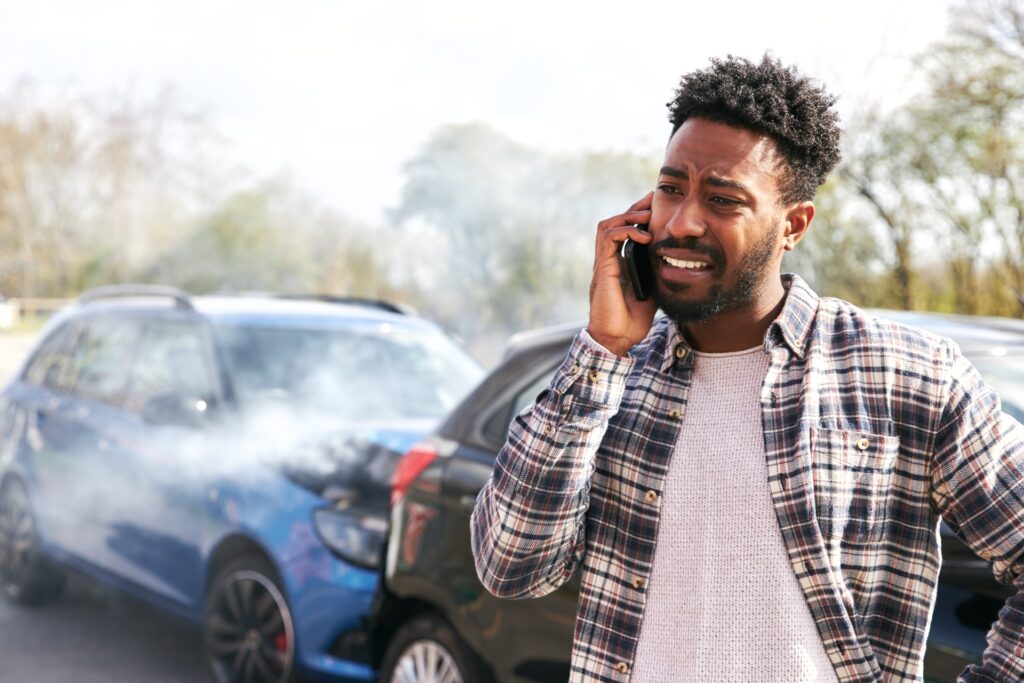What to Do After a Car Accident? Essential Steps to Protect Yourself and Make a Claim on Your Insurance

Car accidents — we all hope to avoid them, yet they remain a harsh reality of life on the road. You might think, “I drive safely, so I’m good,” but here’s the kicker: not every accident is within your control. Let’s dive into the crucial facts about car accidents and how to protect yourself, your passengers, and your vehicle.

What Causes Car Accidents?
The #1 cause? Human error. According to the National Highway Traffic Safety Administration (NHTSA), distracted driving—like texting or eating behind the wheel—is one of the most common factors.
Driver fatigue, poor decision-making, and speeding follow close behind. Studies from the CDC highlight how drowsy driving can be just as dangerous as drunk driving.
Weather conditions like rain or snow can increase accident risk significantly. Learn more from AAA’s winter driving tips. And don’t underestimate mechanical failures—Car and Driver explains why regular maintenance matters.
What to Do After a Car Accident
If you’re in a crash, take a breath and stay calm:
- Check for injuries and call emergency services (911).
- Exchange information: driver’s license, contact info, and insurance.
- Document everything with photos and witness contact details.
- File a police report—required in many states. Check your state’s DMV site for details.
Immediate Insurance Actions After an Accident
Contact your insurance company as soon as possible:
- Call your insurer’s claims hotline – Most have 24/7 service. Report the accident even if it wasn’t your fault.
- Document thoroughly – Take photos of all vehicles from multiple angles, license plates, damages, the accident scene, and relevant traffic signs.
- Use your insurer’s mobile app if available for streamlined documentation and claims.
- Keep all receipts for towing, rental cars, and other accident-related expenses.

When It's Your Fault vs. Their Fault
If the accident was your fault:
- Be honest with your insurance company but stick to the facts.
- Don’t explicitly admit fault at the scene—leave determinations to the professionals.
- Understand your coverage limits and deductibles before agreeing to any repairs.
- Prepare for potential premium increases at renewal time.
If the other driver was at fault:
- Collect their complete insurance information.
- File a third-party claim with their insurance company.
- Still notify your own insurance as a backup.
- Don’t accept immediate cash offers to avoid insurance—this often leads to complications.
- Consider consulting with your agent about whether to use your coverage (if applicable) or the other party’s.
How to Prevent Car Accidents
Stay safe with these practices:
- Stay focused: The NSC offers tips on avoiding distractions.
- Follow distance rules: Use the 3-second rule, or more in bad conditions.
- Maintain your vehicle: NHTSA maintenance checklist ensures your car is road-ready.
- Avoid impaired driving: Learn the facts about drunk driving from MADD.
Common Misconceptions About Car Accidents
Let’s debunk a few myths:
- Myth: You don’t need to report minor accidents. Truth: You always should—Forbes explains why.
- Myth: Rear drivers are always at fault. Truth: Not always. Allstate breaks it down.
- Myth: If you file a claim, your rates will automatically increase. Truth: Not necessarily—many insurers have accident forgiveness for first-time incidents.
Why Car Insurance is Essential
Car insurance is your financial safety net. Without it, medical bills and repairs can be overwhelming. Investopedia offers a great breakdown of how car insurance works.
Need guidance on coverage types? Consumer Reports explains the pros and cons of different policies.
Dealing with Insurance Claims
After an accident, report it to your insurer. Here’s a detailed guide from the Insurance Information Institute to help you navigate the claims process effectively.
Legal Implications of Car Accidents
Accidents can have legal consequences—especially when reckless driving or DUI is involved. Nolo is a great resource for understanding your rights and responsibilities.
Emotional Impact of Car Accidents
The trauma is real. Don’t ignore it. The American Psychological Association (APA) emphasizes the psychological effects of accidents and how to recover emotionally.
Navigating the Claims Process
After reporting the accident to your insurer:
- A claims adjuster will be assigned to evaluate damages.
- Keep detailed notes of all conversations with adjusters.
- Don’t accept the first settlement offer if it seems insufficient.
- Track all medical treatments, even for seemingly minor injuries.
- Consider getting independent repair estimates.
The Insurance Information Institute provides a comprehensive guide to help you navigate claims effectively.
Legal Implications of Car Accidents
Accidents can have legal consequences—especially when reckless driving or DUI is involved. Nolo is a great resource for understanding your rights and responsibilities.
Emotional Impact of Car Accidents
The trauma is real. Don’t ignore it. The American Psychological Association (APA) emphasizes the psychological effects of accidents and how to recover emotionally.
Real-Life Reminder: My Car Accident
A rainy day. A fender bender. It reminded me how fast things can change and the importance of having good insurance coverage. Being prepared matters more than you think.
Final Word: Stay Protected with Ocean Trust Insurance
Car accidents can happen in the blink of an eye—but with Ocean Trust Insurance, you’re never alone. Whether it’s a minor bump or a major collision, we’re here to protect what matters most.
Drive Confidently. Live Fearlessly.
Get a FREE quote from Ocean Trust Insurance today and discover affordable, reliable car insurance designed to keep you protected wherever the road takes you.
Visit our website www.oceantrustinsurance.com today for more information.
